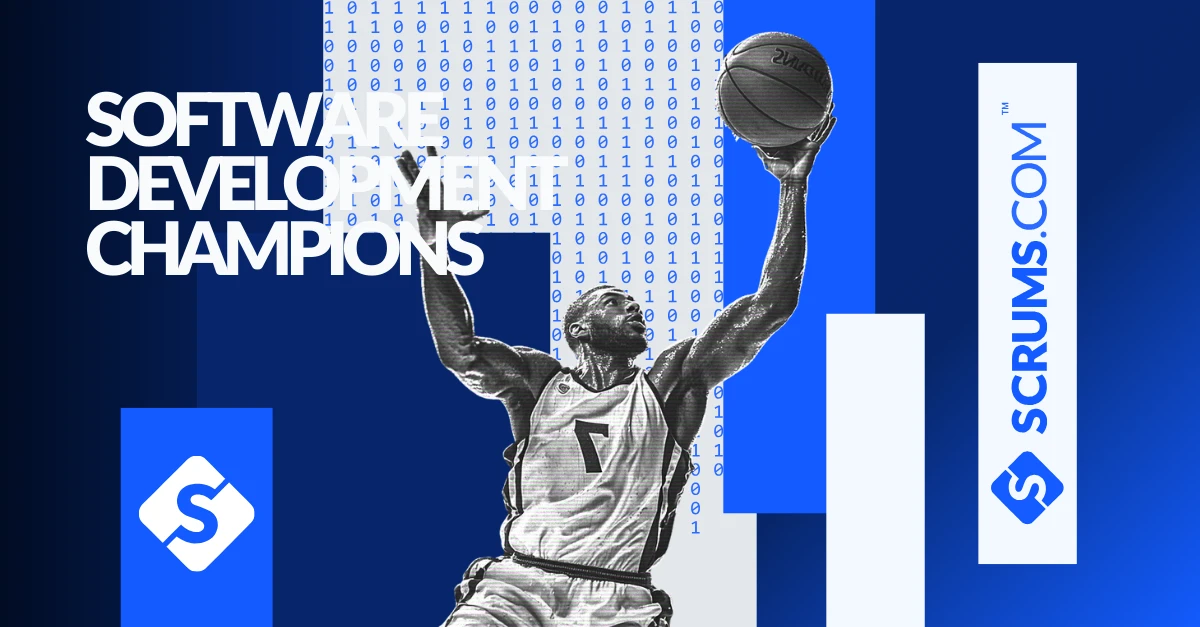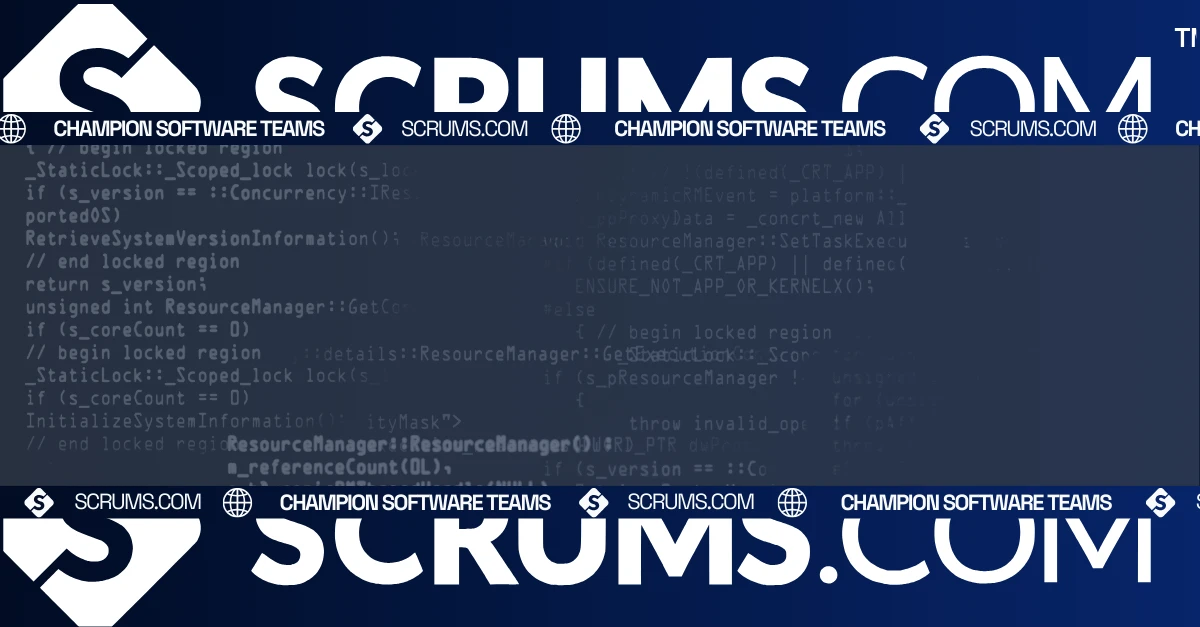Mercurial: Fast, Secure, and Scalable Source Control System
Introduction to Mercurial
Mercurial is a distributed source control management (SCM) tool designed to handle large codebases quickly and securely. Known for its speed, simplicity, and scalability, Mercurial allows developers to efficiently manage and track changes across their projects. For CTOs and business owners, Mercurial’s lightweight nature and robust performance make it an ideal tool for optimizing software development processes, particularly in large or fast-paced environments.
What is Mercurial?
Mercurial is a distributed source control system that enables developers to track, manage, and collaborate on code changes across teams. Launched in 2005, Mercurial was developed as a fast, scalable alternative to other version control systems. It addresses common challenges faced by developers working on large-scale projects, such as version conflicts, complex branching, and distributed collaboration.
Mercurial excels in environments where speed and performance are critical, making it ideal for projects ranging from small software applications to enterprise-scale platforms. It’s also a preferred tool for businesses looking for a straightforward yet powerful source control solution without the overhead of more complex systems.
Core Features and Functionalities
- Distributed Architecture: Mercurial operates as a distributed system, enabling developers to work independently and sync their changes as needed without relying on a central server.
- Scalability: Capable of handling repositories with thousands of files and commits, Mercurial remains fast even as projects grow in complexity.
- Branching and Merging: Mercurial offers efficient branching and merging capabilities, allowing teams to work on multiple features simultaneously and integrate them seamlessly.
- Cross-Platform Support: Mercurial is compatible with Windows, Linux, and macOS, providing a consistent experience across development environments.
- Security: Built with a strong focus on security, Mercurial offers robust protection for source code, with features such as SHA-1 hashing for commit validation.
- Easy Extensibility: Mercurial’s extension system allows developers to customize and expand functionality to suit their workflows.
These features ensure businesses and developers have the flexibility and power to manage even the most complex software projects with ease.
Benefits for Businesses and Development Teams
For Businesses:
Mercurial provides businesses with the tools they need to streamline development processes, improve productivity, and maintain a competitive edge.
- Improved ROI: Mercurial’s speed and scalability allow development teams to deliver projects faster, reducing time to market and increasing profitability.
- Cost Savings: Mercurial’s open-source nature eliminates licensing fees, making it a cost-effective option for businesses of all sizes.
- Scalable Infrastructure: Businesses working on large-scale projects can leverage Mercurial’s ability to handle massive databases without sacrificing performance.
For Developers:
Mercurial’s flexibility and simplicity make it an excellent tool for development teams focused on agility and performance.
- Streamlined Collaboration: Developers can work independently, pushing and pulling changes as needed, which reduces bottlenecks and keeps the workflow moving smoothly.
- Efficient Branching: The ability to create and merge branches quickly helps developers manage different features, bug fixes, and releases in parallel without conflicts.
- Cross-Platform Compatibility: Whether working on Windows, Linux, or macOS, developers have access to a consistent experience, simplifying collaboration across diverse teams.
Use Cases and Applications
Mercurial is a versatile tool used across various industries and development environments.
- Software Development: Mercurial is widely used by software development companies that need fast, reliable version control for complex codebases.
- Open-Source Projects: Many open-source projects rely on Mercurial’s distributed system to enable global collaboration while ensuring version control integrity.
- E-commerce Platforms: E-commerce companies use Mercurial to manage large-scale application code, handling frequent updates and bug fixes efficiently.
- Fintech Solutions: In the fast-paced world of financial technology, Mercurial provides secure and efficient source control, enabling rapid feature development while protecting sensitive code.
These use cases highlight how Mercurial can be applied across industries where source control and collaboration are critical to success.
Integration Capabilities and Ecosystem
Mercurial integrates with various tools and platforms to support a range of development workflows:
- Jenkins: Integrate Mercurial with Jenkins to automate builds, tests, and deployments, streamlining CI/CD workflows.
- Docker: Developers can use Mercurial to manage source control for containerized applications, enabling efficient DevOps practices.
- AWS & Microsoft Azure: Mercurial integrates seamlessly with cloud platforms like AWS and Azure for secure, scalable version control in cloud-native environments.
- Bugzilla & JIRA: These popular issue-tracking tools integrate with Mercurial, helping developers manage code changes alongside bug tracking and project management.
Mercurial’s open architecture and API support also allow developers to build custom integrations tailored to their specific needs.
Comparison with Alternatives
Mercurial is often compared to Git, another popular distributed version control system. Here’s how Mercurial stacks up:
Pros:
- Faster and more scalable for large repositories
- Simpler command structure, making it easier for new users to learn
- Strong security features and data integrity with SHA-1
Cons:
- Smaller community compared to Git, resulting in fewer third-party resources
- Fewer integrations with modern development tools compared to GitHub or GitLab
Mercurial is ideal for teams seeking a simpler, faster alternative to Git, particularly for large-scale projects where performance is crucial.
Getting Started with Mercurial
Here’s a step-by-step guide for business decision-makers and developers:
- Install Mercurial: Download and install Mercurial on your development environment (available for Windows, macOS, and Linux).
- Initialize a Repository: Set up a new repository by running hg init to start tracking your project.
- Create and Manage Branches: Use Mercurial’s efficient branching system to work on different features or releases simultaneously.
- Commit Changes: Use hg commit to save changes to your local repository, and hg push to sync them with a remote server.
- Integrate with CI/CD: Connect Mercurial with CI/CD tools like Jenkins to automate builds and deployments for streamlined development.
For additional tutorials and best practices, explore Mercurial’s comprehensive documentation and community resources.
Related Tools and Resources
- Mercurial Documentation: Best Practices for Workflows
- Mercurial API Documentation for Developers
Explore Related Software Development Tools
FAQs
We've got you covered, these are some common questions we receive. Not seeing the answer to something?...
Yes, Mercurial is an open-source tool available to developers and businesses at no cost.
Absolutely. Mercurial is designed to manage large-scale repositories efficiently, making it ideal for enterprise-level projects.
Mercurial is cross-platform, supporting Windows, macOS, and Linux, making it versatile for any development environment.
Mercurial is known for its speed and scalability in large projects, with a simpler command structure compared to Git, though Git has a larger community.
Yes, Mercurial integrates with popular CI/CD tools like Jenkins to automate testing, building, and deploying code.
Mercurial offers SHA-1 hashing for commit validation, ensuring strong data integrity and security across all repositories.
Explore Software Development Blogs
The most recent trends and insights to expand your software development knowledge.






